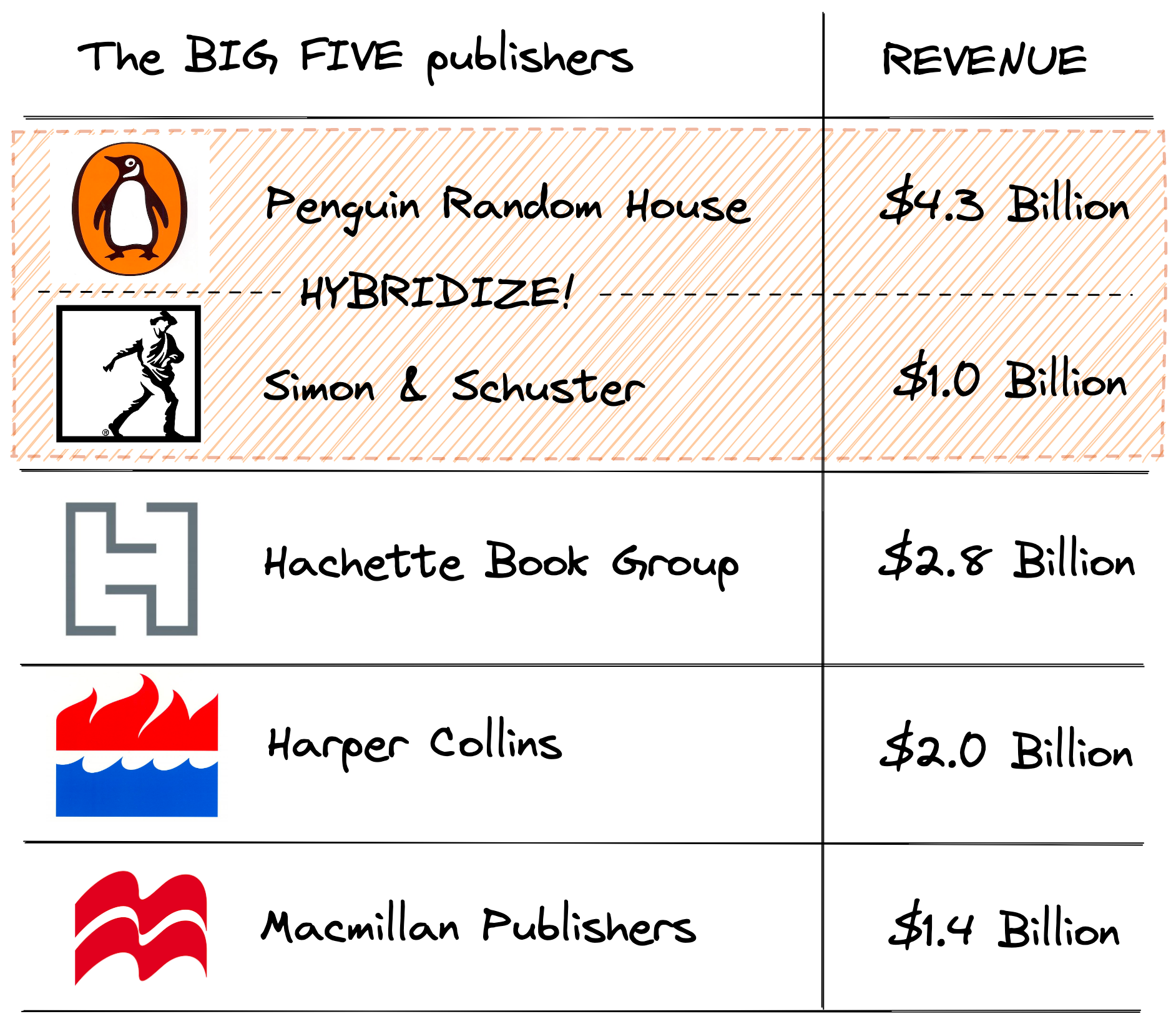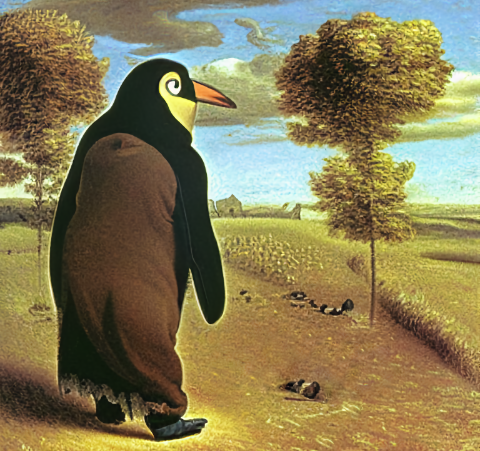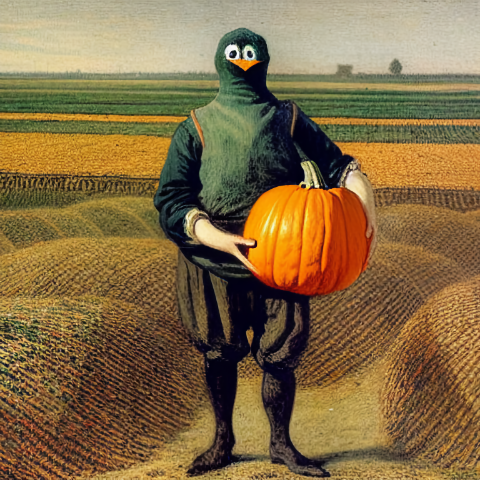This pumpkin season, readers and writers can celebrate the abortion of an ill-conceived chimera: the attempted merger of publisher Penguin Random House—the largest trade publisher in the US—with Simon & Schuster, a smaller but formidable rival. The US Justice Department sued a year ago to block the merger, arguing that the creation of a single publisher that controls half the US market would be anti-competitive. It would reduce publishing options for writers, competition for their works, and the variety of books available to readers.
This Halloween, Judge Florence Pan of the U.S. District Court for the District of Columbia agreed, and issued an order that blocks the deal. Here’s what might have happened, had she not:

This would have given us a plumped-up leader of the remaining Big Four:

The CEO of Bertelsmann, the German media group that owns Penguin Random House, said “The merger will be good for competition!” Penguin’s lawyer said “It will have enormous benefits for authors because the imprints will compete against each other!”
“Ridiculous,” said Stephen King, the top-selling horror writer whose publisher is Simon & Schuster. “You might as well say you’re going to have a husband and wife bidding against each other for the same house.”
For an anti-trust case, it was an interesting one, because it took into account the need for authors to earn an income from their books. In the past, such cases have focussed only on the prices that consumers see. That explains the Justice Department’s past support for Amazon’s absolute dominance in online distribution: a monopsonist (a single dominant buyer) can cut prices for the consumer by cutting producer—that is, author—earnings even more. When there’s only one big store in which to sell a book, that store has huge power to inflate its own profit at the expense of the publisher and author, or the self-published author. Perhaps the consumer who buys the book for $1.99 doesn’t care … but she should. She’s missing all the books that aren’t there because Amazon’s control of what gets seen by whom, and the profits it reaps from that control, have killed off so many writers.
For now, the penguin-sower chimera remains a spooky dream. Happy Halloween!

